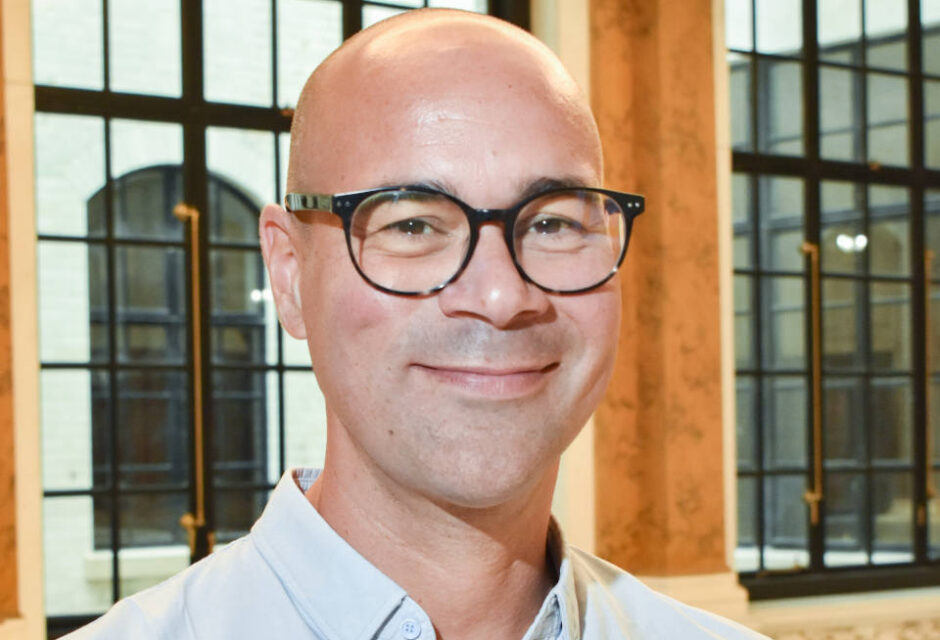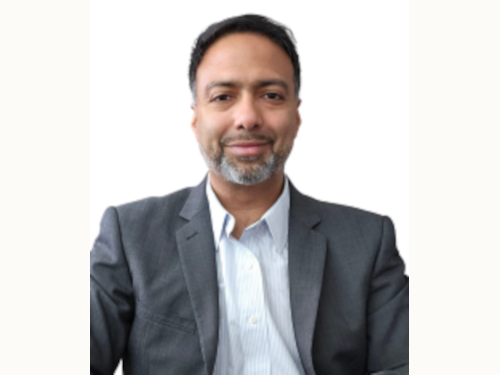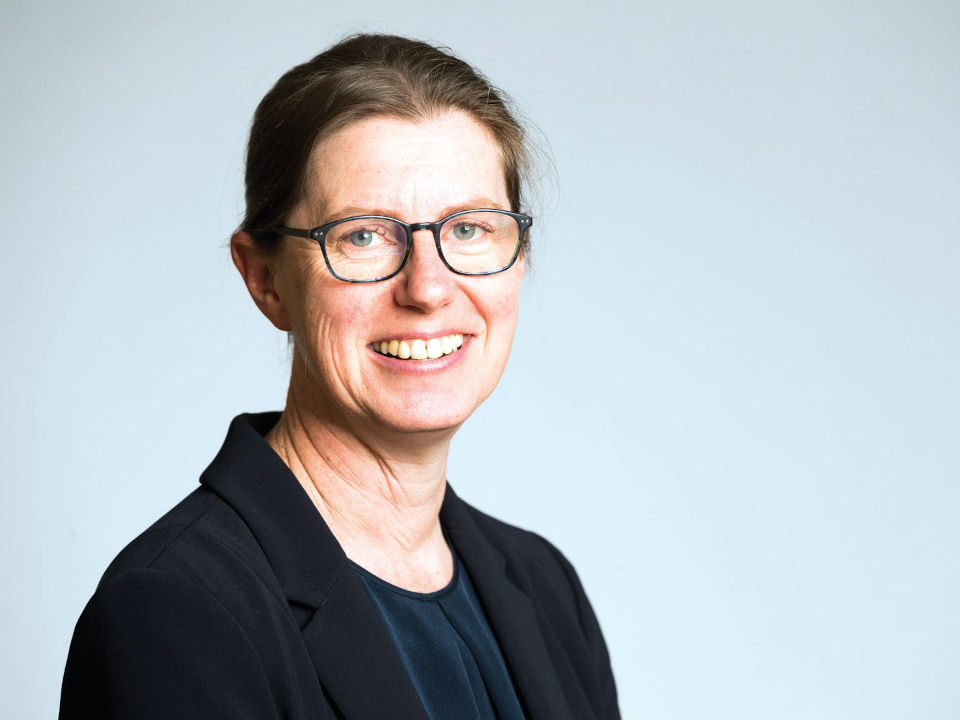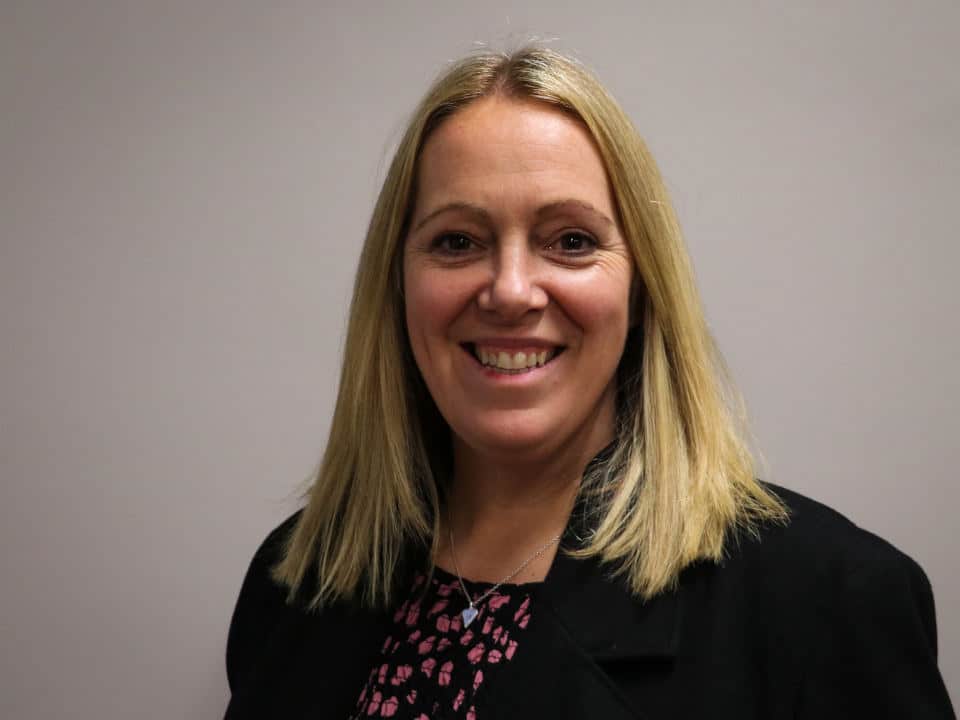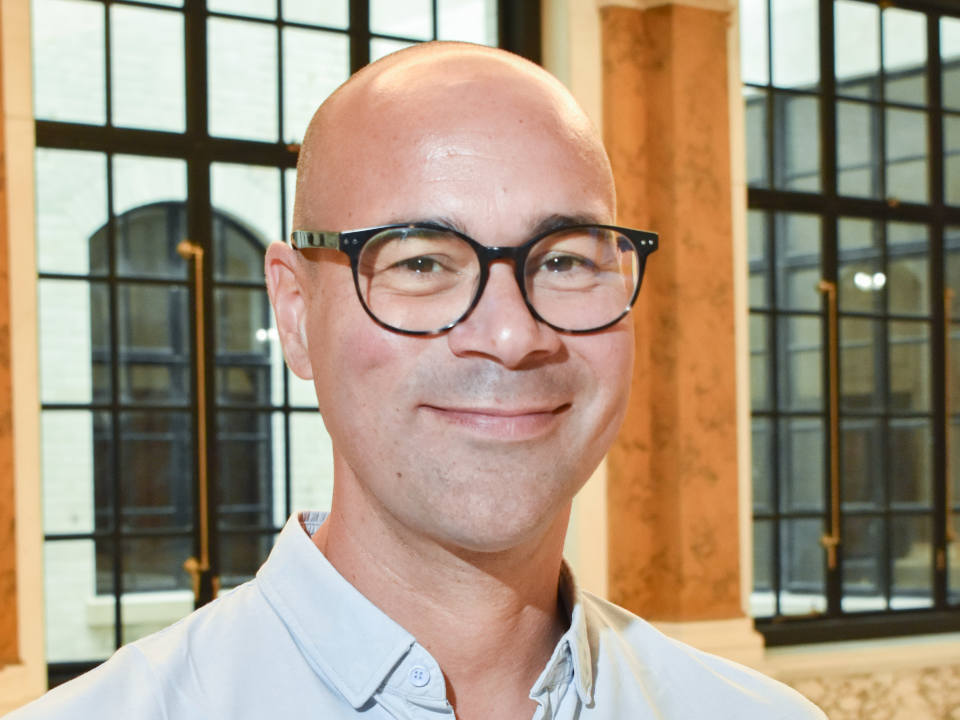
Tim Aldridge
ADCS Honorary Treasurer
Executive Director Children and Learning, Camden Council
I recently listened to Nick Lowe’s song (What’s so funny ‘bout) peace, love and understanding? It had a particular resonance given the constant news of conflict, tension and strife across the world. The current outlook can feel quite bleak – as the first line of the song asks – “As I walk through this wicked world searching for light in the darkness of insanity, I ask myself is all hope gone? Is there only pain, hatred and misery?”
If I had to describe the quality I most value in the people I work with, it’s probably the ability to find hope (and humour) from bleakness and despair. There is also something important about strengthening a counter-narrative and sharing experiences of progress, unity and opportunity, against a prevailing context of disadvantage, challenge and adversity.
A recent event hosted by Camden’s Centre for Relational Practice illustrated this counter-narrative, bringing together a diverse range of contributors to tell their stories – from local residents, community organisations and other local authorities. One contributor spoke powerfully about their journey of coming to this country as a refugee, and their subsequent work to support new arrivals from Afghanistan. We heard from someone with a moving account of their experience of criminal exploitation, a journey of personal growth, and their subsequent success as a film maker and entrepreneur. A fellow DCS spoke with great warmth, humour, and emotion, telling their story of family, education and their determination to become a social worker.
This rich diversity of experience and insight was a welcome antidote to the daily onslaught of negative stories dominated by division, conflict and cynicism. The themes of this event centred on the richness of sharing diverse perspectives, the importance of nurturing hope and opportunity, and the transformational potential of relational practice.
Like many others, I’m grappling with the challenges of implementing the social care reform agenda. I’m relishing the opportunities for change and renewal, anxious about undoing the things that are working, but at the same time, hopeful about the potential to improve the experiences for children and families.
I met with a group of colleagues who are testing our model of family help – social workers, practitioners from an early help background, youth workers and domestic abuse advocates. We discussed their experiences of this new way of working, of coming together as a team, connecting with local communities and services in the local neighbourhood, and some of the practical and philosophical dilemmas that had emerged.
One of the conversations centred on the approach to practice and the different experiences of members of the team. There was a tension between those that saw this prototype as an opportunity to move away from process and bureaucracy, and an opposing view that saw the current systems and structures as providing safety, consistency and assurance. We want this new model to be more than just a re-working of the existing organisational structures and approaches, but we don’t want to lose sight of the fundamental building-blocks of effective practice.
I’ve reflected on why we are implementing these reforms here in Camden – it’s about social justice - tackling disproportionate outcomes for children from Black and global majority backgrounds; strengthening our response to domestic abuse; keeping more children in the community and growing up in a family setting. We’ve co-produced the desired outcomes with parents and carers, who want a more compassionate, empathetic and thoughtful response from services.
Achieving a balance between rigour and imagination, between structure and creativity, may be critical to our success in implementing these reforms. Relational practice is sometimes characterised as being somehow ‘soft’ – too focused on support and empathy – but at its core the approach is counter-balanced with directness, challenge and clear expectations of change.
Thinking back to the first line of the song, it is the opportunity of creating a more hopeful, relational approach in our work with families that offers me that light in the darkness.


